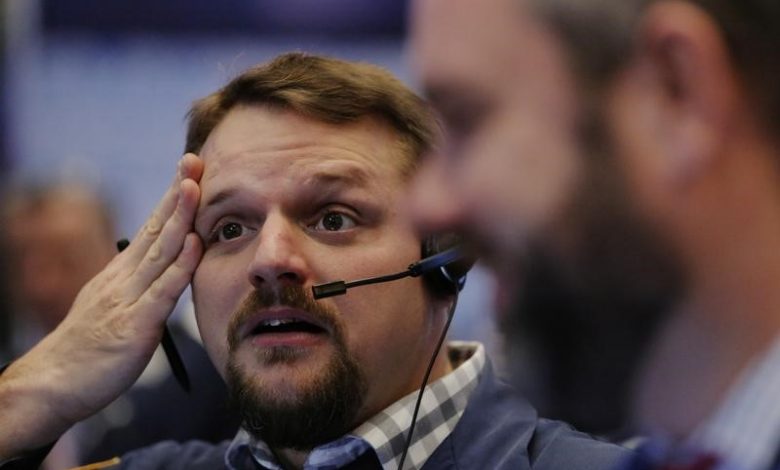
Commerce Chief Says US Firms Claim China Is ‘Uninvestible’
By David Shepardson
BEIJING – U.S. Commerce Secretary Gina Raimondo has revealed that American companies are expressing concerns about the investment climate in China, describing it as "uninvestible." She pointed to various issues, including fines, raids, and other actions that heighten the risk of doing business in the world’s second-largest economy.
During a press briefing aboard a high-speed train traveling from Beijing to Shanghai, Raimondo characterized the situation as increasingly dire for American enterprises. "I am hearing more from American businesses that China is uninvestible due to the rising risks," she stated. She highlighted specific challenges faced by U.S. firms, including "exorbitant fines without explanation, unclear revisions to the counterespionage law, and business raids – creating a new level of difficulty that needs to be addressed."
Raimondo noted that there was "no rationale given" for the Chinese government’s actions against Micron Technology, a chipmaker whose products encountered restrictions earlier this year. She refuted any comparisons to U.S. export restrictions, emphasizing a lack of due process on the matter.
The Chinese embassy in Washington has not yet responded to requests for comments on Raimondo’s statements.
Raimondo’s visit is part of a broader effort by the Biden administration to enhance dialogue with China, especially concerning economic and defense issues, amid worries that tensions between the two nations might escalate further.
Raimondo reiterated that the United States does not aim to separate itself from China, stating, "We can’t have all our eggs in one basket."
Legal expert John Ramig, whose firm specializes in international business transactions, mentioned prior to Raimondo’s remarks that many businesses are hesitant to pursue further investment in China, with some clients actively seeking alternatives to their Chinese operations.
Earlier, during a meeting with Chinese Premier Li Qiang, Raimondo expressed a desire to collaborate on global issues such as climate change and artificial intelligence, which resonate with both nations.
The ongoing power struggle between the United States and China has placed companies at the center of the conflict. China has critiqued U.S. measures aimed at curtailing its access to advanced semiconductors, while the U.S. defends these controls as necessary for national security.
Additionally, the U.S. is leveraging electric vehicle tax policies to encourage car manufacturers to relocate supply chains away from China, investing heavily in domestic semiconductor production, and implementing new executive orders aimed at reducing some U.S. investments in China.
Conversely, Beijing is imposing restrictions on shipments from Micron and has delayed approvals for Intel’s acquisition of a chipmaker, effectively halting the deal. Furthermore, they recently fined U.S. company Mintz Group for conducting unapproved statistical work. Boeing has also faced difficulties, with the delivery and payment processes for 85 ordered 737 MAX jets halted, which Raimondo attributed to the Chinese government’s actions.
In the past, the U.S. and China were each other’s largest trading partners, but that dynamic has shifted, with the U.S. now trading more with Canada and Mexico, while China has increased its trading ties with Southeast Asia.
Raimondo expressed that the fluctuations in the Chinese business environment have created uncertainty, prompting companies to seek opportunities elsewhere. "All of that creates uncertainty and unpredictability," she stated, explaining that these factors contribute to making China appear too risky for investment.
Raimondo’s remarks have the potential to provoke a response from Chinese officials. Last year, JP Morgan labeled Chinese internet firms as "uninvestible," a term that contributed to a significant decline in their stock prices, although the firm later clarified that it had been a mistake.
Raimondo mentioned that she did not secure any commitments regarding Boeing, Intel, or Micron during her talks. "I was very firm in our expectations, and I believe my message was received. We will see if they take action," she concluded.
 GOOGL
GOOGL  META
META 


